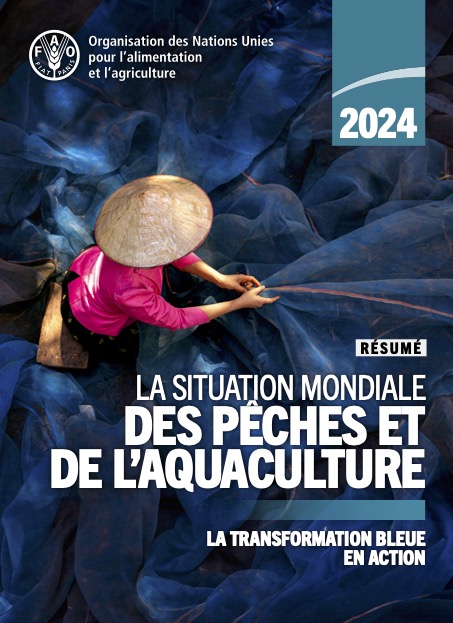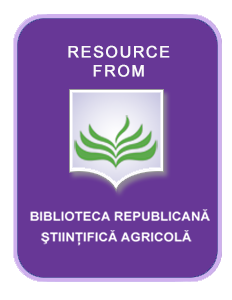Rapport de la FAO: La production mondiale des pêches et de l’aquaculture atteint un nouveau record
La production halieutique et aquacole mondiale a atteint un niveau sans précédent, la production d’animaux aquatiques issue de l’aquaculture dépassant pour la première fois celle de la pêche de capture, selon un nouveau rapport de l’Organisation des Nations Unies pour l’alimentation et l’agriculture (FAO) publié aujourd’hui.








